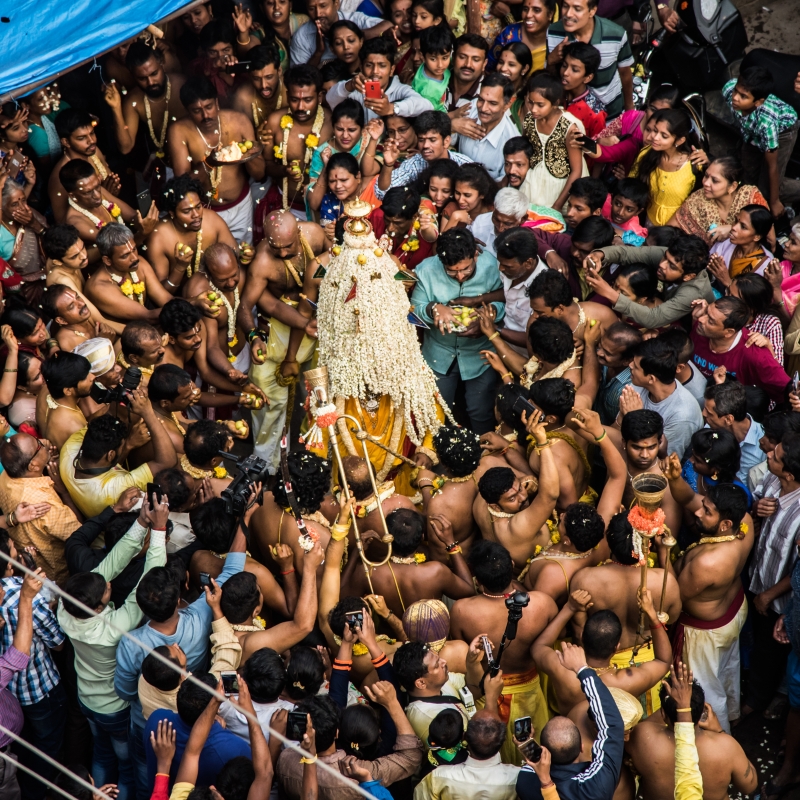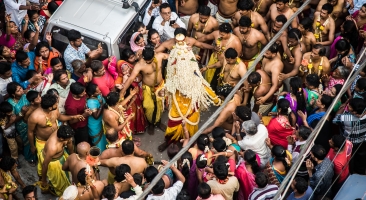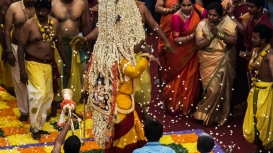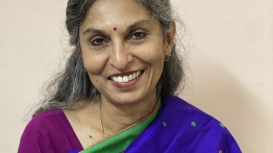Festivals are an integral part of the cultural landscape of any place. They share an intimate relationship with the city in which they are celebrated, the people living in the city, and the geographical context of the place. The process of celebration of the innumerable festivals across India varies from region to region.
The Karaga festival is celebrated in the Indian subcontinent, predominantly in the south Indian state of Karnataka. The common theme of the festival is the birth of Draupadi in the form of Adi Shakthi (goddess of power) to fight the demon Timarasura. It is a celebration of Draupadi visiting earth as a part of a promise made by her to the ancestors of the Tigala community.
The uniqueness of Bengaluru’s Karaga festival lies in its association with the waterbody or tank culture of the old city. With colourful rituals, each steeped in folk history, the festival chronicles Bengaluru’s past geography and highlights the religious harmony that exists within the older communities. It emphasises that water/nature was a principal character of Bengaulru’s historic landscape, and that water as an element has diverse material and symbolic meanings in everyday life and ritual ceremonies.
Karaga festival now survives in a Bengaluru where several of its traditional ritual centres and waterbodies have vanished, constantly adapting and adjusting to evolving city dynamics.




